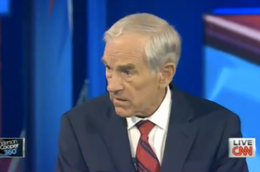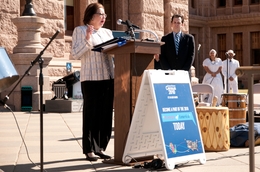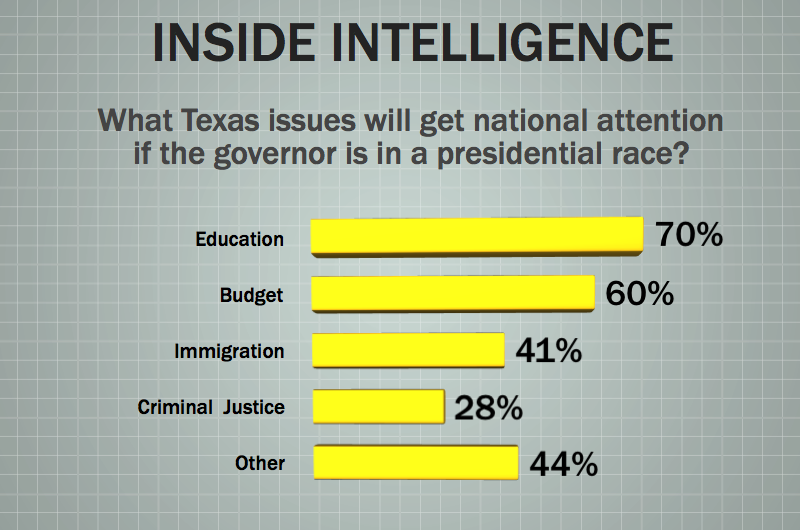State Rep. Kelly Hancock, R-North Richland Hills, is all but certain to run for the Texas Senate seat currently occupied by Wendy Davis, D-Fort Worth. He says he'll make a formal announcement sometime in August. That seat came out of redistricting with a stronger Republican tang than when it entered; Davis contends the new map illegally denies minority voters the chance to elect a candidate of their choice. If it holds, Hancock is in and Davis might be looking for another place to run. Asked who else is looking, Hancock says simply, "It doesn't matter."
State Rep. Jim Jackson, R-Carrollton, who was a Dallas County commissioner before coming to the Texas House, won't come back in 2013. He's decided not to seek reelection. Jackson was a commissioner for 30 years and will have been a House member for eight at the end of this term.
House Republican Caucus Chairman Larry Taylor, R-Friendswood, was the first (as far as we know) to throw his name into the hat for Ron Paul's seat in Congress. Taylor says people are encouraging him to look at that race.
Paul announced this week that he won't seek reelection because he wants to spend all of his time on a run for the Republican presidential nomination in 2012. His congressional district was dramatically redrawn and while he says he isn't crazy about the new map, he says it's not the reason he decided to quit.
Sen. Mike Jackson, R-La Porte, says he's considering a run for Congress in 2012, which could open a rare seat in the Texas Senate. He's looking at CD-36, which goes from Harris and Chambers counties up into East Texas. He's not completely in, saying a decision is going to be subject to what the courts do in lawsuits over the new maps.
Freshman Rep. James White, R-Lufkin, lives in that new congressional district but says his eyes are on winning in a newly drawn House district that loses three of his current counties and adds four where he's never campaigned. He's not likely to run against Jackson.
Former Rep. Gary Walker, R-Plains, plans to run for the Texas House seat currently occupied by freshman Rep. Jim Landtroop, R-Plainview.
Rep. Leo Berman, R-Tyler, hasn't announced whether he'll seek reelection next year, but he's got bogies on his tail. Attorney and former Mayor Joey Seeber, who considered running last time when Berman was talking about a gubernatorial bid, says he's got a continuing interest in public service. His powder, in other words, is dry. Matt Schaefer, the regional rep for U.S. Sen. John Cornyn, has already declared. He's a former aide to then-U.S. Sen. Phil Gramm, to U.S. Rep. Randy Neugebauer, R-Lubbock, and to state Rep. Carl Isett, R-Lubbock. Schaefer is from West Texas but went to school and now lives in East Texas.
State Rep. Joaquin Castro, D-San Antonio, is giving up his spot in the Texas House to run for the U.S. House in a newly created congressional seat that runs from Bexar County north to Travis County. He'll face U.S. Rep. Lloyd Doggett, D-Austin, who's moving into that new district because his old district was redrawn to favor a Republican.
Old news, but if you're keeping score: Warren Chisum, R-Pampa, plans to seek election to the Texas Railroad Commission instead of to the Texas House next year. His early decision saved somebody in the West Texas delegation from getting paired with another incumbent. Fred Brown, R-Bryan, resigned at the end of the special session and there will be a special election to fill his seat.









